Japanese pieris is a broadleaf evergreen shrub boasting year-round beauty and interest when used as a landscape plant. Native to Asia, Japanese pieris has oblong leaves that open with a reddish-bronze color before transforming into a glossy, leathery green. It is an early bloomer, erupting in drooping clusters of delicate flowers for about two weeks during the late winter and early spring.
The white or pale pink blooms resemble those of lily-of-the-valley, without the strong, notable fragrance. Best planted from potted nursery plants in the spring or fall, Japanese pieris grows slowly and will take its time establishing itself in your landscape.
Japanese pieris is toxic to dogs and cats, and it is considered to be seriously toxic to humans. It contains grayanotoxins that can pose hazards even with minor ingestion. Description from thespruce.com
Home > Plant Guide >
Scientific Name
Family
Garden Type
Wildlife
Native Plant Region
Light needs
Water Needs
Plant Type
Bloom Color(s)
Height
Width
Months in Bloom
Safe Beneath Power Lines?
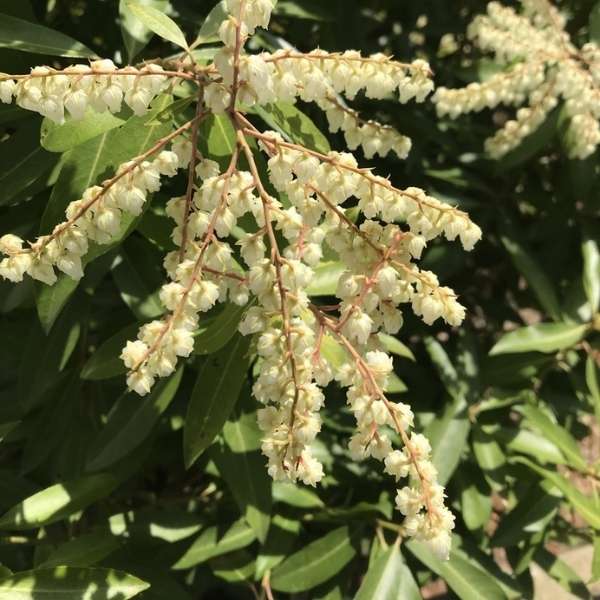
We’d like to maintain accurate and robust plant listings. If you see information that is not correct or that could be added to improve the listing, please let us know. Or if you’d like to suggest a plant to add to our plant guide, you can use this form do so. Thank you!
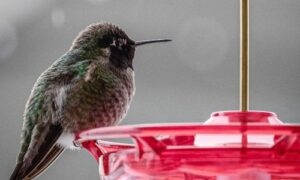
The urban environment presents dangers to wildlife that they are not always adapted to overcome. Reducing urban hazards is an essential part of enhancing habitat in cities. After all, we do not want to lure wildlife into our neighborhoods only to have them fatally collide with our windows.
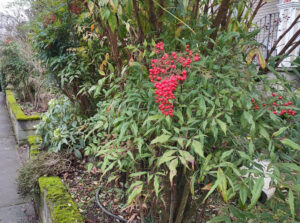
Some introduced plant species can diminish biodiversity. Other plants produce poisons that can harm wildlife. Learn what plants to avoid when figuring out what to plant or remove in your outdoor space.

Do you wonder how a cat can be happy indoors? This presentation will give you a better understanding of cat behavior and the confidence that an indoor cat can be a happy cat.
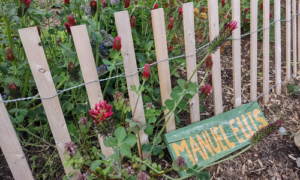
Three inspiring local food justice practitioners will share how their work in urban farming improves access to healthy foods, fosters relationships to land, and builds community.

Learn about diversifying the way architecture is taught and practiced from designers of color.
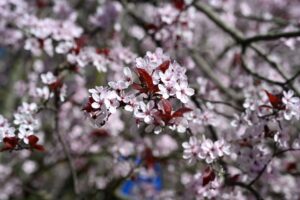
Gardeners can check out seeds for free from the library to plant. Then after harvest, gardeners bring seeds back to the library for others to enjoy in future growing seasons.
Nature of Your Neighborhood is a collaboration between Birds Connect Seattle, the Capitol Hill EcoDistrict, and the Seattle Bird Conservation Partnership. Our goal is to foster relationships between the people and the nature of their neighborhoods.